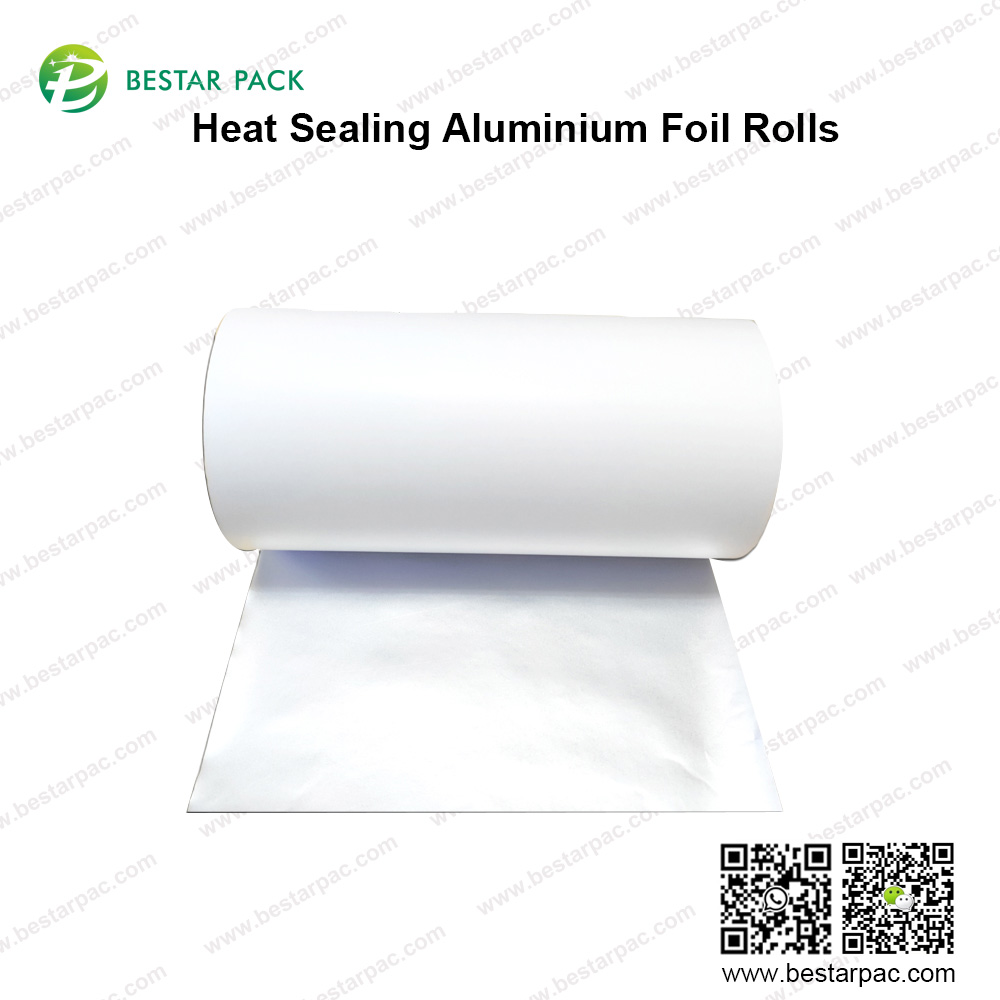Alu Foil Paper is often used for baking chicken wings and wrapping sweet potatoes at home. Many people worry when looking at food on the baking tray: Wrapping meat directly in this metal paper and baking it, will aluminum leach into the food? Is it bad for your health if you eat too much? Actually, there's no need to worry unnecessarily—as long as you buy "food-grade Alu Foil Paper," not the industrial kind, it meets safety standards for direct contact with food. These legitimate products use high-purity aluminum alloy, and the heavy metal content is controlled within extremely low safe ranges, just like the tap water we drink, meeting national regulations, so you can use it with peace of mind.

The biggest concern is high-temperature scenarios—wrapping ribs in Alu Foil Paper and baking for 40 minutes, or using it as a base for baking pizza, the temperature is close to 200℃, won't the aluminum melt and seep into the meat? Actually, no. Food-grade Alu Foil Paper has a melting point as high as 660℃. The temperature of our household ovens and gas stoves is at most "warm," not even enough to damage its surface, let alone melt it. Furthermore, the surface of Alu Foil Paper has an oxide film, like a "protective coat," which firmly locks in the aluminum inside. Even when baking and sizzling with oil, no aluminum will leach into the food, resulting in meat that remains fragrant and delicious.
Some people say, "Don't wrap lemons or pickles in Alu Foil Paper," claiming that acidic foods will corrode the aluminum. This has some truth to it, but there's no need to panic. It's true that acidic substances like vinegar and tomato juice, or high-salt foods like pickles and cured meats, might leach a trace amount of aluminum if they come into prolonged contact with Alu Foil Paper. But how small is this amount? For example, wrapping plum juice in Alu Foil Paper for a day will result in less than one-tenth of the aluminum leaching, which is less than the national safety standard. We usually use it for temporary wrapping and immediate cooking or consumption, which doesn't meet the requirements of "long-term" use. There's absolutely no need to worry about this small amount of leaching affecting your health.
Alu Foil Paper is safe for food contact, but there's one place you absolutely must not use it—in a microwave! Someone once put a steamed bun wrapped in Alu Foil Paper into the microwave, resulting in a loud bang and sparks flying, almost burning the microwave. This isn't because Alu Foil Paper itself is unsafe, but because the working principle of microwaves doesn't allow it—microwaves reflect off metal, generating a high-frequency current that can easily cause sparks or even an explosion. So remember: Alu Foil Paper is fine for ovens and gas stoves, but never put it in the microwave. If you want to use it, use a microwave-safe glass or ceramic container.
Safety depends on "buying the right product + using it correctly." First, when buying alum foil paper, check the packaging. It must have a "food contact" label. Don't be tempted by cheap, unbranded industrial alum foil paper; it may contain impurities and is unsafe. Second, don't use damaged alum foil paper. If the paper is torn, small aluminum shavings might accidentally get into your food. Finally, after use, don't use it to store very hot food for extended periods, such as freshly cooked braised pork. Let it cool down before storing it to reduce unnecessary contact. If you follow these tips, alum foil paper will be a truly helpful kitchen tool.